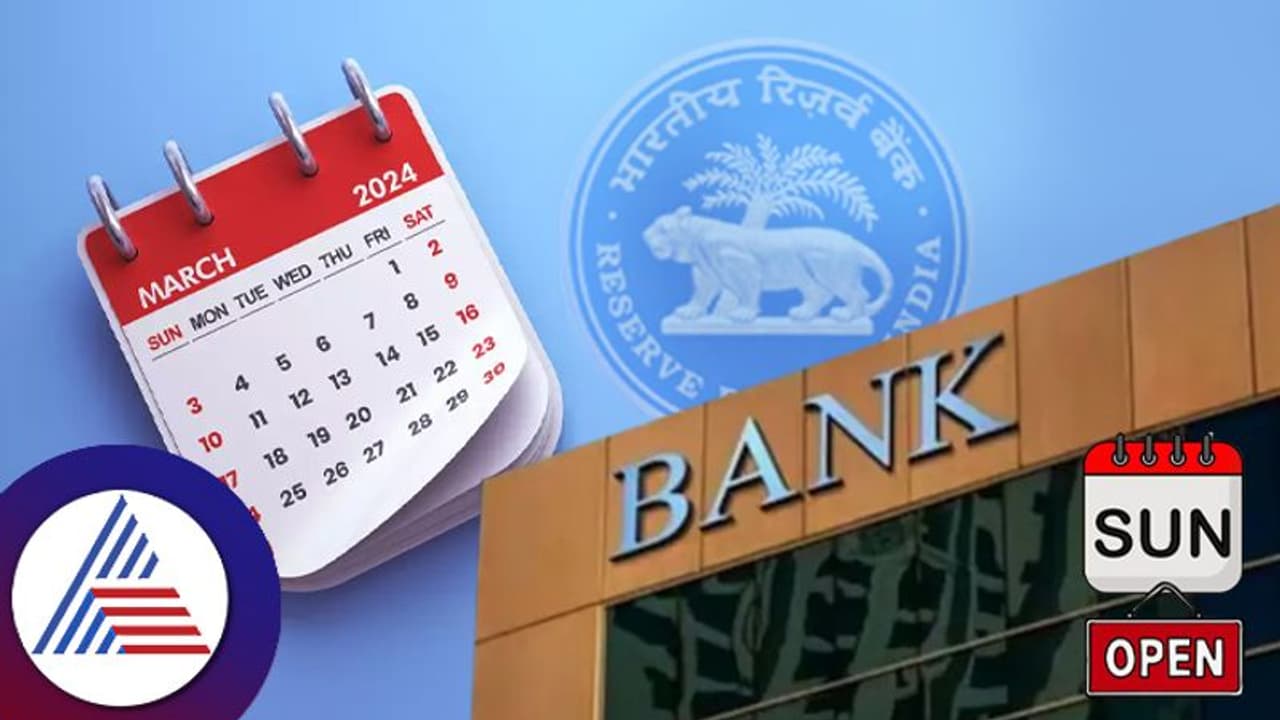Banks nationwide will remain open on Sunday, March 31, as per RBI's directive for fiscal year closure. NEFT and RTGS transactions will run until midnight. Government transactions including pensions, savings schemes, and Relief Bonds will be processed. Commercial banks act as agents for RBI, aiding in government banking needs. Central Accounts Division in Nagpur manages government accounts efficiently.
Banks across the country are gearing up to keep their doors wide open on Sunday, March 31, despite it being a weekend. The decision comes following the Reserve Bank of India's (RBI) directive, ensuring seamless operations on the closing day of the fiscal year 2023-24.

Recognizing the significance of March 31 as the last day for annual accounts closure nationwide, the RBI has mandated banks to facilitate government transactions, ensuring a smooth end to the financial year. This proactive measure aims to accommodate essential payments and receipts crucial for wrapping up the fiscal cycle.
India's Current Account Deficit declined to $10.5 billion in October-December 2023: RBI
What are the transactions you can perform?
On both March 30 and 31, individuals and businesses can conduct a range of financial transactions, thanks to the RBI's guidance. Here's a breakdown of what's permissible: Transactions through the National Electronic Funds Transfer (NEFT) and Real-Time Gross Settlement (RTGS) systems will be operational until midnight on March 31, 2024.
Government-related checks can be submitted for clearing during this period, ensuring timely processing of financial transactions.
Various government transactions will be facilitated during this time, including:
- Money received or spent by the Central or State Government.
- Payment of pensions by Central or State Governments.
- Special Deposit Scheme (SDS) 1975.
- Public Provident Fund (PPF) Scheme, 1968.
- Kisan Vikas Patra, 2014, and Sukanya Samriddhi Account.
- Senior Citizen Savings Scheme (SCSS), 2004.
Selected branches of agency banks will handle Relief Bonds or Savings Bonds transactions, along with any other work directed by the Reserve Bank entitled to agency commission.
RBI issues orders to credit card issuers to promote customer choice
The Reserve Bank of India, through its own offices and commercial banks, fulfills the general banking needs of the government, encompassing both public and private sector banks. Under Section 45 of the Reserve Bank of India Act, 1934, commercial banks are appointed as agents at various locations across India.
The Central Accounts Division of RBI, based in Nagpur, plays a pivotal role in managing the primary accounts of the central and state governments. Its extensive network ensures efficient revenue collection and payments on behalf of the government nationwide, collaborating with banking divisions of RBI Govt.
